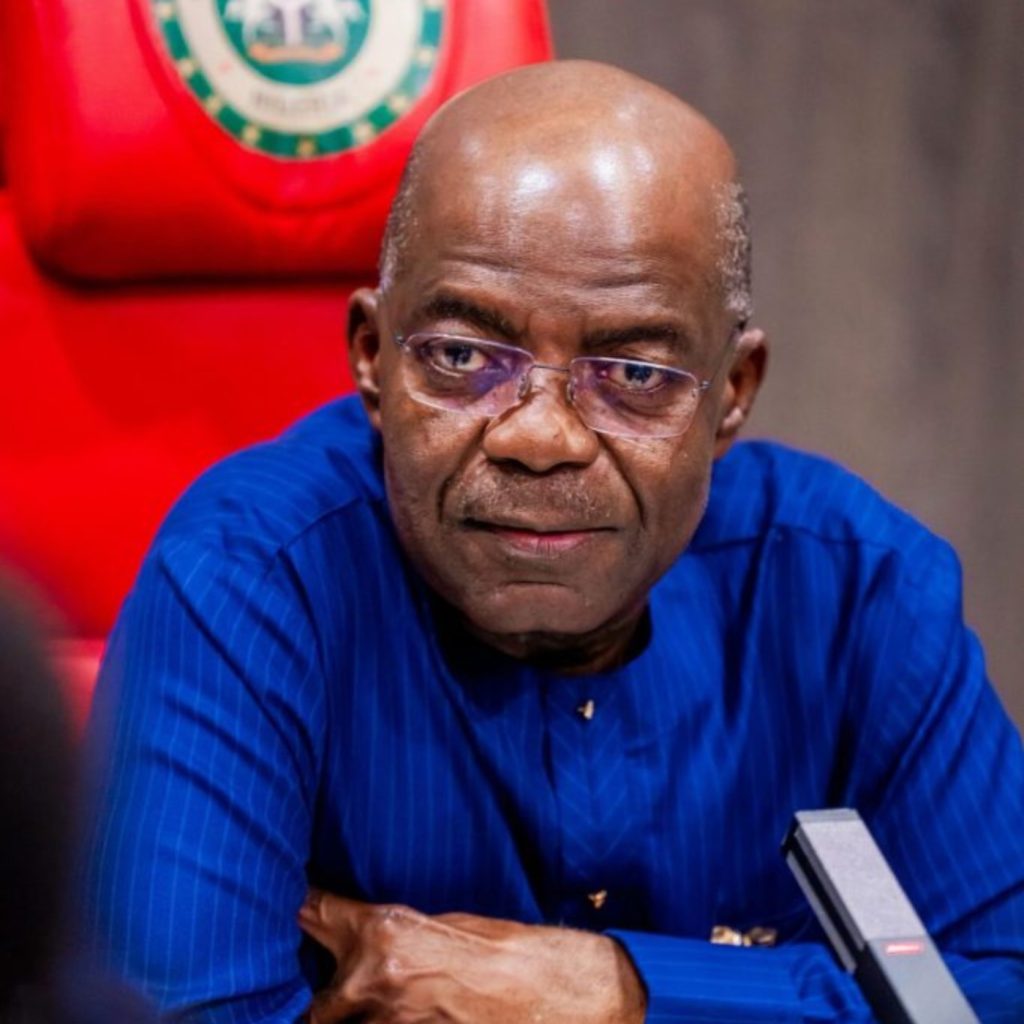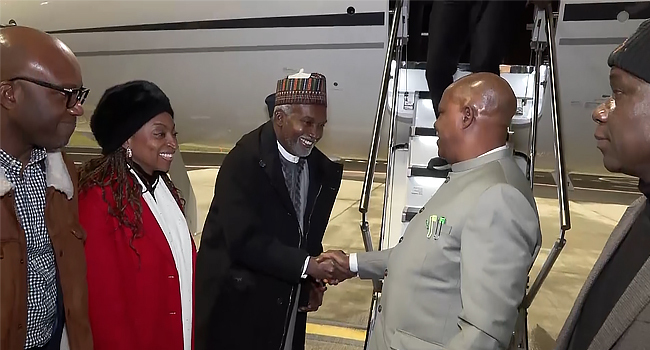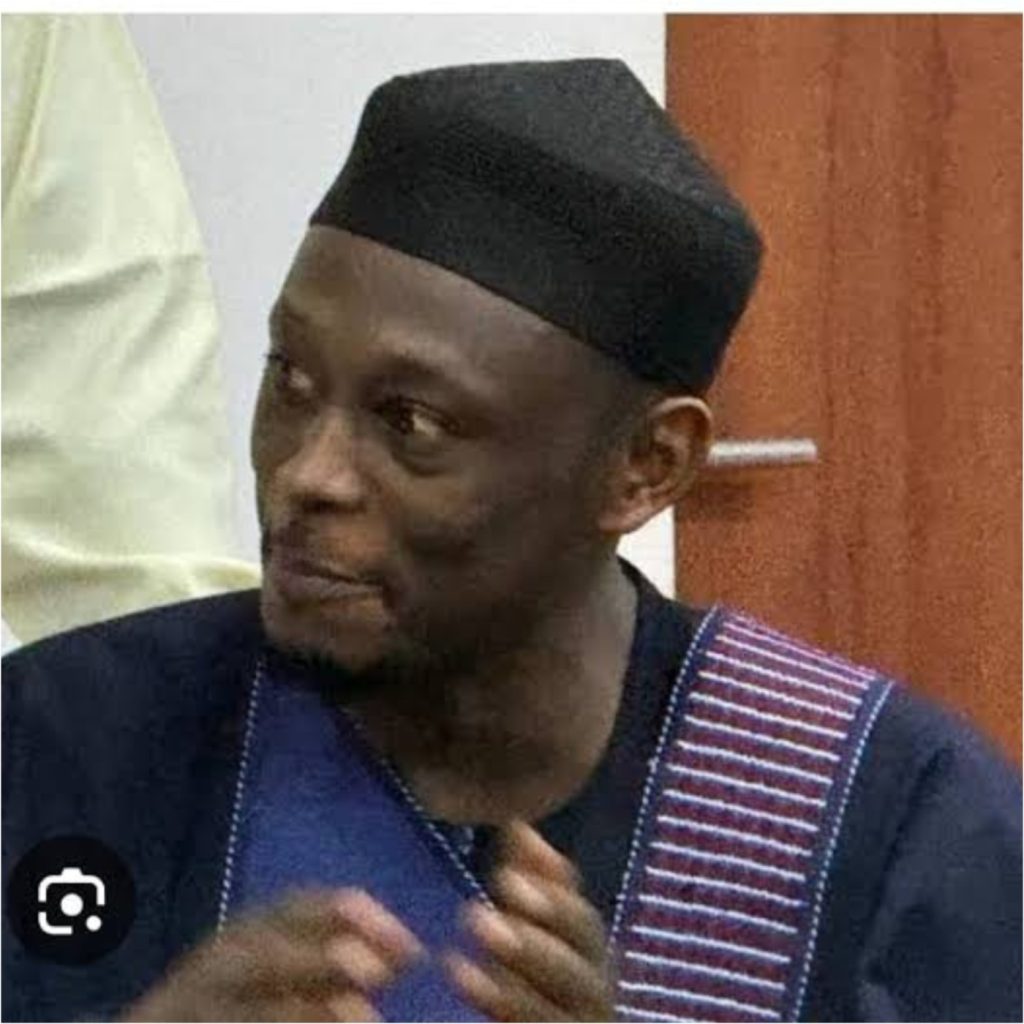Russia has moved to partially restrict voice calls on popular messaging platforms WhatsApp and Telegram, citing efforts to counter criminal activity and alleged national security threats. The decision, announced Wednesday by communications regulator Roskomnadzor and reported by state media outlets RIA Novosti and TASS, escalates tensions between Moscow and foreign tech companies over privacy and surveillance.
Authorities claim the apps have become tools for “fraud, extortion, and involving citizens in subversive activities,” particularly accusing Ukraine of using Telegram to recruit saboteurs amid the ongoing conflict. Roskomnadzor emphasized that restoring full call functionality would require compliance with Russian data-sharing laws, which mandate access to user communications for law enforcement investigating terrorism and other crimes.
Telegram responded by highlighting its daily removal of “millions of harmful content pieces,” while WhatsApp defended its encryption protocols. A Meta spokesperson stated, “WhatsApp’s end-to-end encryption protects user privacy, which is why Russia targets our service used by over 100 million people here.” The company expressed concern the restrictions aim to push users toward less secure platforms susceptible to state monitoring.
This development continues Russia’s pattern of tightening digital controls since its 2022 invasion of Ukraine, having previously limited access to Western social networks and independent media. Analysts note messaging apps remain vital communication channels for citizens and activists despite increasing censorship measures. The partial call restrictions—applying only to foreign platforms—raise questions about potential advantages for domestic tech alternatives aligned with Kremlin surveillance policies.
Digital rights advocates warn the measures could isolate Russian users from global communication networks while doing little to address cybersecurity threats. With both services maintaining text messaging functions for now, the practical impact remains unclear, though experts anticipate potential escalation as Moscow intensifies efforts to regulate digital spaces.



